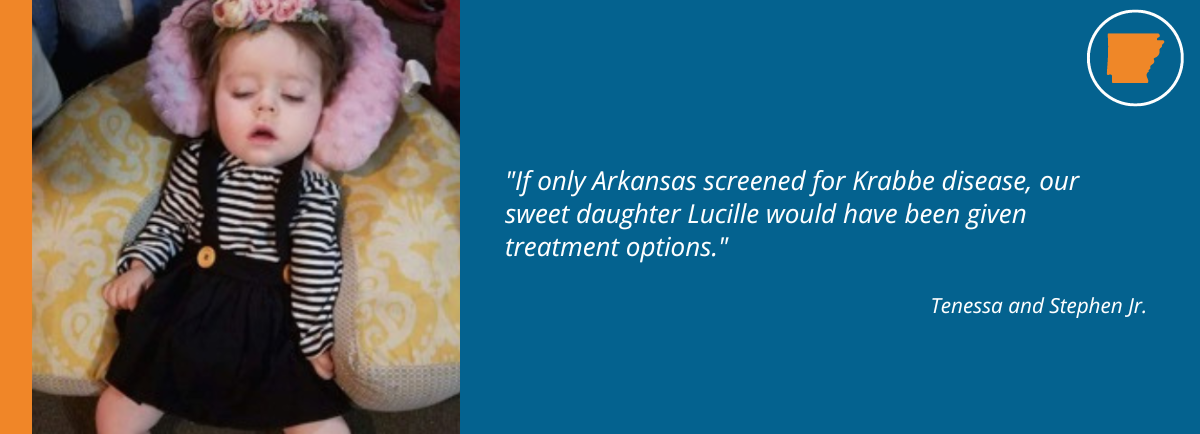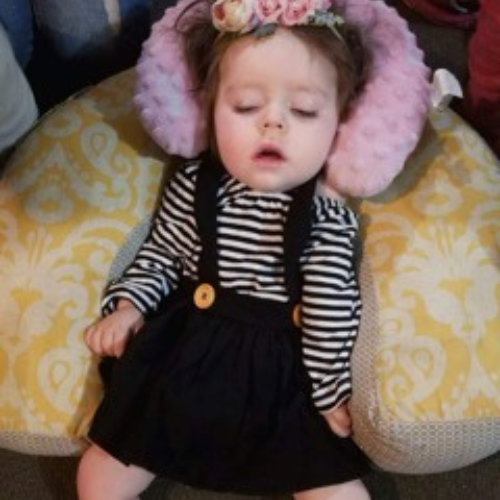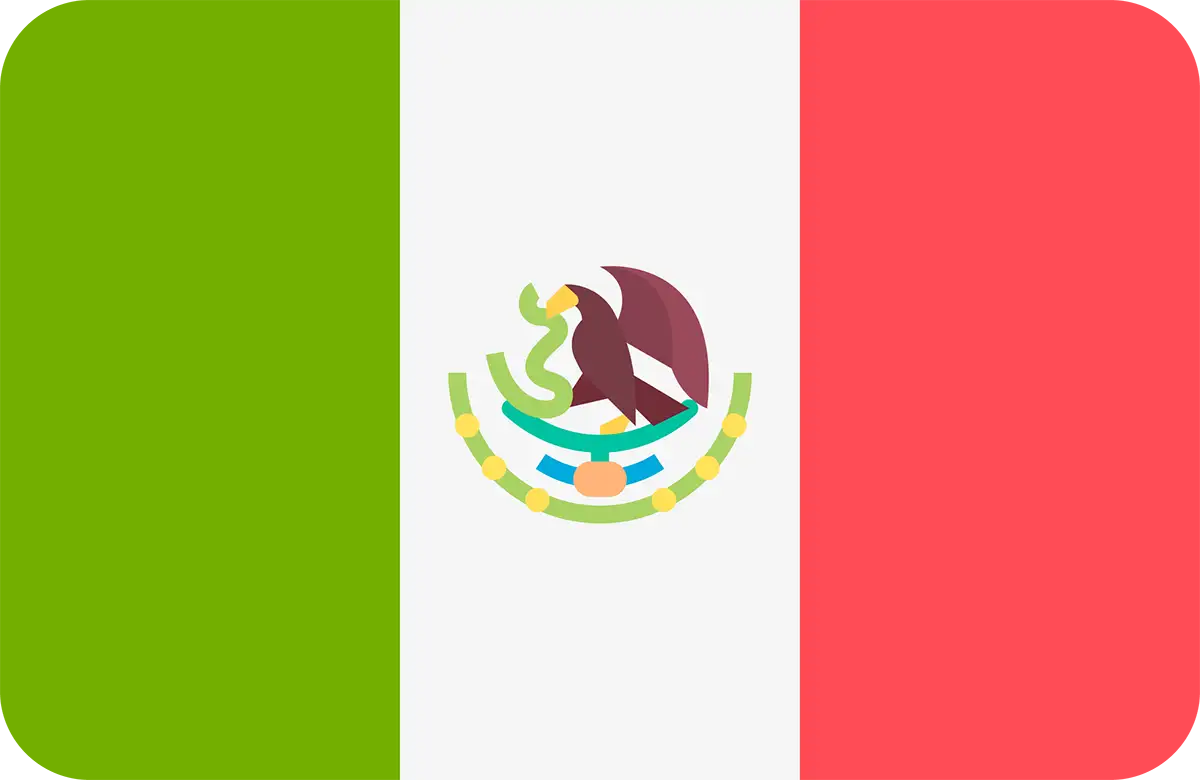DOWNLOAD STATE FACT SHEET AS PDF

In 2020, there were 35,251 live births in Arkansas2 There are 33 conditions on the Arkansas Newborn Screening Panel3
All babies born in the United States are screened for several conditions shortly after birth. Approximately 24-48 hours after a baby is born in the United States, a nurse pricks the heel to collect a small blood sample. Afterward, the nurse puts a series of blood drops onto a filter paper to create several “dried blood spots.” Next, the newborn screening card is sent to the state laboratory for analysis. Unfortunately, Arkansas is NOT 1 of the 11 states currently testing for Krabbe disease.
What is Krabbe Disease?
Krabbe disease (pronounced krab A), is a rare genetic disorder, also known as globoid cell leukodystrophy. In the United States, Krabbe disease has been reported to affect approximately 1 in 100,000 individuals. Infantile Krabbe disease is the most common and severe form causing infants to lose the ability to eat, extreme irritability, inability to sit up, grasp objects, blindness, and seizures. Sadly, infants die within the first 2-3 years of life in states that do not test for Krabbe disease. We invite you to learn more about Understanding Krabbe Disease.
Why Screen for Krabbe Disease?
Krabbe disease is a severe neurodegenerative and rapidly progressing condition requiring immediate treatment for the most severe forms. The medical issues and symptoms of Krabbe disease are very significant and life-impacting. A delayed diagnosis, especially in the most severe forms, equates to palliative and supportive care as the only means of treatment until premature death.
Krabbe Disease Hero: Lucille

See all our Krabbe Disease Heroes.
Tenessa and Stephen Jr. welcomed their daughter, Lucille, into their lives in October 2017. She was happy and healthy, smiled frequently, and everything seemed to be normal. A few months later they began to notice that Lucille could not hold her head up and wasn’t interested in eating. They took her to the emergency room and were told she had a virus. After a couple of days, Tenessa and Stephen took Lucille back to the hospital and pressed for admission to the Children’s hospital. Tenessa’s mother urged them to have Lucille admitted to the hospital because she recognized the signs of Krabbe disease before the doctors did, out of her own experience with losing a daughter to the disease.
Once Lucille was admitted, the doctors ordered tests and bloodwork and initially believed that she had colic and a milk allergy. By this time, Lucille had stopped eating, smiling, moving her hands and legs, and her muscles were tense, and her parents knew it was serious. When the geneticist met with them to deliver the results, he confirmed that the true diagnosis was indeed Krabbe disease. Tenessa remembers being scared and devastated by the news that their four-month-old daughter was dying. A few weeks later Lucille would be readmitted for a g-tube and was then set up with hospice care because there was nothing that could be done. Lucille passed away in March 2019 and left her parents with only photographs and memories.
Tenessa and Stephen advocate for Newborn Screening for Krabbe disease because it would have given them more time with Lucille and given them options for treatment. They want to help other parents avoid the journey they faced, and Newborn Screening can make that possible.
Resources
- The Leukodystrophy Newborn Screening Action Network is dedicated to advancing newborn screening for leukodystrophies and lysosomal storage disorders, supporting newly-diagnosed families, and ensuring collaboration between all stakeholders. Learn more at https://ldnbs.org/.
- CDC offers funding and assistance through the Newborn Screening Quality Assurance Program (NSQAP). More information can be found at https://www.cdc.gov/labstandards/nsqap.html.
- Baby’s First Test provides funding opportunities through grants. Learn more at https://www.babysfirsttest.org/newborn-screening/funding-opportunities.
- American Public Health Laboratories NewSTEPS program provides data, technical assistance, and training. Details at https://www.newsteps.org/.
- KrabbeConnect offers patient support services to help families navigate the burden of Krabbe disease. Learn more at https://krabbeconnect.org/.
- Hunter’s Hope Foundation is a non-profit organization committed to giving hope through education, awareness, research, and family care for all leukodystrophies. Learn more at https://www.huntershope.org/.
Citations
- Wenger DA. Krabbe Disease. 2000 Jun 19 [Updated 2011 Mar 31]. In: Pagon RA, Adam MP, Ardinger HH, et al., editors. GeneReviews® [Internet]. Seattle (WA): University of Washington, Seattle; 1993-2017.
- “Fertility Rate: Arkansas, 2010-2020.” March of Dimes | PeriStats, https://www.marchofdimes.org/peristats/data?reg=42&top=2&stop=10&slev=4&obj=3&sreg=05&creg. Accessed 31 July 2023.
- “Arkansas| Baby’s First Test | Newborn Screening | Baby Health.” Babysfirsttest.org, 2015, https://www.babysfirsttest.org/newborn-screening/states/arkansas. Accessed 31 July 2023.
All information in this fact sheet is based on data available before July 31, 2023.


